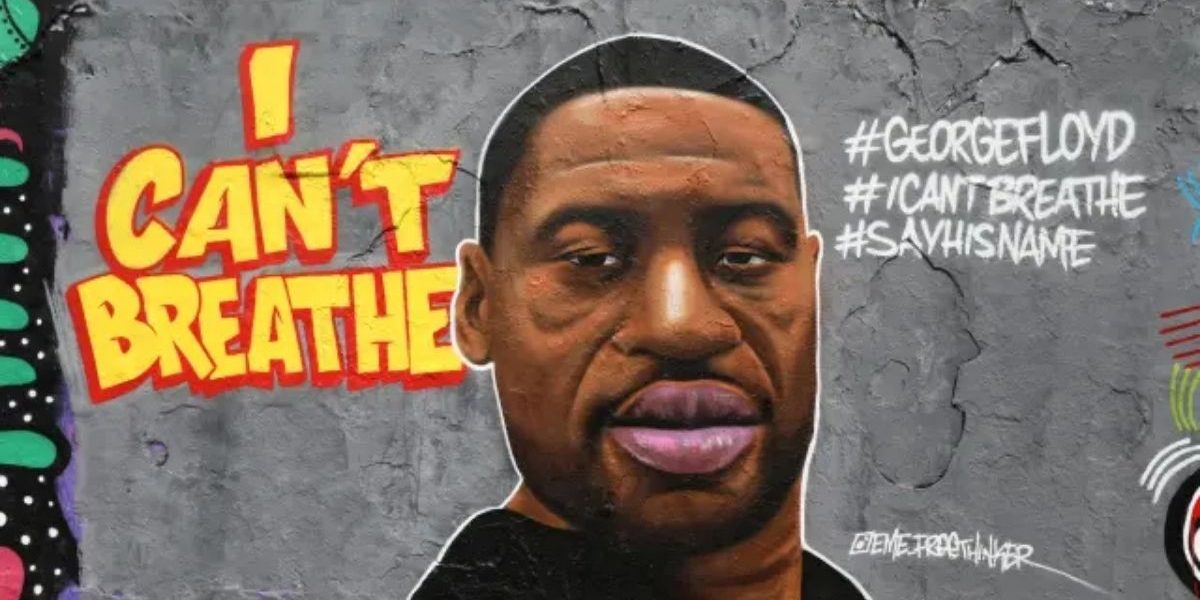Derek Chauvin trial: Prosecution rests its case, defense calls first witness

The prosecution rested its case on Tuesday and the defence began calling its witnesses to the stand in the murder trial of Derek Chauvin, a former Minneapolis police officer who was charged in George Floyd‘s death.
A former police officer and a retired Hennepin County paramedic were the first two witnesses for the defence Tuesday morning, who spoke about Floyd’s drug-related arrest in 2019 in Minneapolis.
The defence argues that Floyd’s hypertensive heart disease and ingestion of meth and fentanyl, together with the struggle with police, led him to suffer from heart strain and ultimately die.
Michelle Moseng, a retired Hennepin County Medical Center paramedic, testified that she talked to Floyd after he was taken into custody in a 2019 drug-related arrest. Moseng said of the 2019 arrest that it was quite hard to assess him as he was confused.
Michelle Moseng said Floyd told her he’d taken multiple opioid-based pills every 20 minutes and then another pill as former police officer Scott Creighton and other officers arrested him. She added that Floyd told her he “was addicted.”
Moseng testified that it took time to convince Floyd to go to the hospital.
The retired Minneapolis police officer Scott Creighton was the first witness for the defence on Tuesday who testified so the defence could show a prior police stop of a car in which Floyd was a passenger.
Defence attorney Eric Nelson played the video from Creighton’s body camera that revealed Floyd in 2019 is not listening to Creighton’s commands to show his hands and keep them on the dashboard. The video showed Floyd repeatedly asking police officers not to shoot or beat him up.
Responding to cross-examination questions by prosecutor Erin Eldridge, Creighton said Floyd seemed incoherent.
Where the trial stands: Over the period of 11 days, prosecutors called 38 witnesses to the stand and played dozens of witnesses, surveillance, and police body-cam videos to prove Floyd died due to Chauvin’s knee on his neck for more than 9 minutes.
The prosecution was led by the Minnesota Attorney General’s office. The prosecution called stand eyewitnesses, Minneapolis police officers and paramedics, law enforcement experts, and a range of medical experts in a bid to prove Floyd’s death was a result of Chauvin pressing his knee into Floyd’s neck for more than nine minutes.
A key moment in the prosecution’s case came when Dr Martin Tobin, an expert on the physiology of breathing testified that Floyd had been slowly suffocated. He said the way Floyd was suppressed, handcuffed behind his back, face-down on the ground, with a knee on his neck which prevented him from breathing properly.
Philonise Floyd, 39, told jurors stories about growing up with his “big brother.” Philonise Floyd said that Floyd was so much a leader to them in the household.
Chauvin is charged with second-degree murder, third-degree murder, and second-degree manslaughter in Floyd’s death on May 25, 2020.



